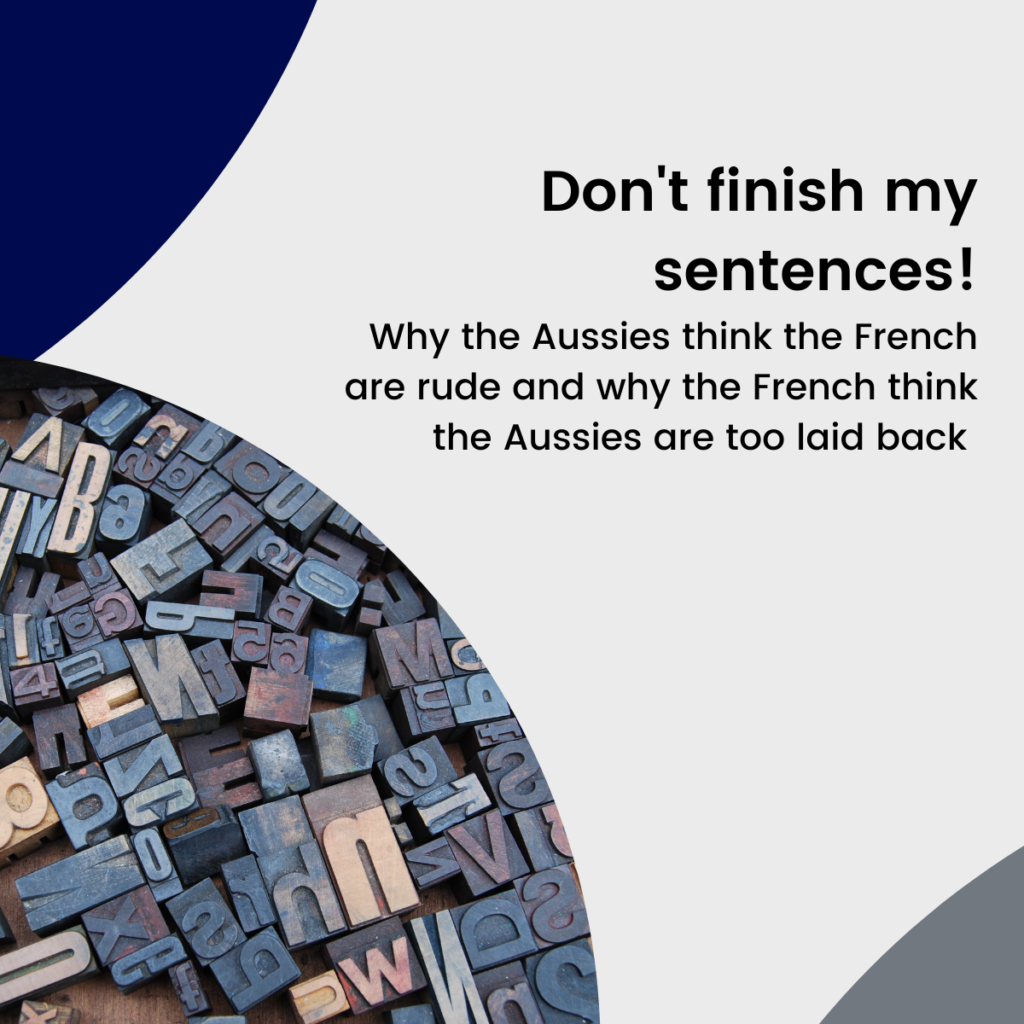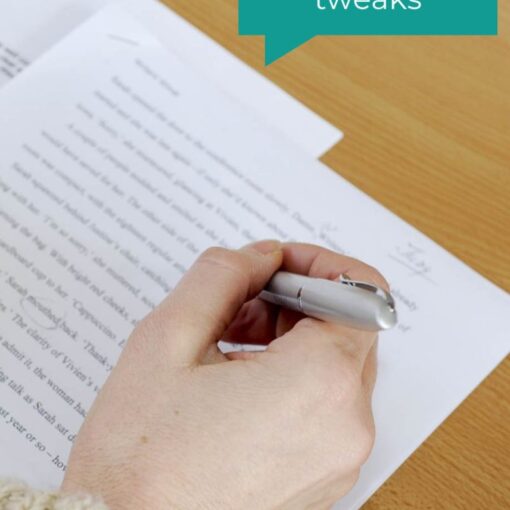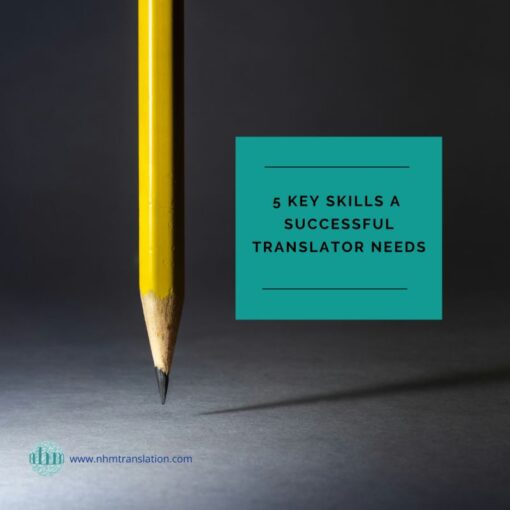Australia and France have many connections both historic and present: the Aussies love French culture and the French see Australia as a dream destination. Why then, despite this mutual affection, do we often label the French as rude and why do the French see Aussies as “soft”, almost too laid back.
The response can be found in the way conversations are constructed and the different styles of expression that exist in Australian English and French.
Think about the following scenario….
Imagine you are having a conversation with someone and you’re trying to convey your views. The other person frequently interrupts you, often finishing your sentences for you. They pepper you with questions and you don’t really feel as if they are listening. You get frustrated because you are unable to explain your thoughts fully.
This is what often happens when a French and Australian person converse. The Aussie considers the interruptions rude and feels that the French person doesn’t actually care about their thoughts and opinions.
But from the French person’s perspective, what the Australian said made them think and want to debate the topic. The conversation was so interesting that they had to interrupt and ask questions to find out more. They wanted to finish the other person’s sentences to show that they’re on the same wavelength.
Differences in the French and Australian interactional styles can be a source of misunderstanding.
The Anglo way of interacting tends to avoid conflict and confrontation,
a compromise is preferred. This corresponds to the strong sense of egalitarianism in Australian culture and cutting down the “tall poppy”. The French on the other hand can be more likely to view compromise as an admission of failure. They don’t confuse debate and discussion with conflict but instead as a way of clarifying ideas.
In France, debate is encouraged and the communication style is very responsive. Conversations are “co-constructed” and interactive. This results in people often interrupting others to indicate interest, attention, and enjoyment of the conversation. Long silences in French conversation means the topic isn’t particularly interesting or thought provoking. Overlaps, disagreements and witty ripostes are key features in French conversation. It’s been this ways since the days of Versailles, as the entertaining 1996 movie Ridicule so aptly demonstrates.
In contrast, the more relaxed style of Australian conversation is characterised by a greater respect for turn taking, consensus and a desire not to take oneself too seriously. These traits can be viewed as unsatisfying to the French and French culture’s preference for being sharp and witty in conversation.
Can we find a happy medium?
So it seems that while both cultures appreciate irony, word play and slang in their expression and conversation, the different uses of these devices change what it means to be “in” the conversation. For the French, wit and debate is used to show engagement in what is being said, whereas for the Australians a less animated and laid back style is appreciated. Being aware of the disparities in what constitutes a satisfying conversation from the viewpoint of both cultures can help overcome stereotypes and improve communication and understanding.





 English
English